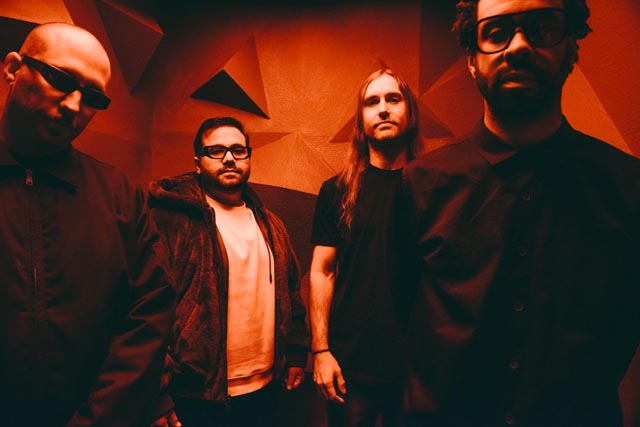 Greg Kot of the Chicago Tribune is reporting that Illinois Atty. Gen. Lisa Madigan might be in the midst of conducting an antitrust investigation against the promoters the Lollapalooza Festival. The issue at hand is whether or not the festival’s exclusivity clauses they have their performers sign are overly restricting.
Greg Kot of the Chicago Tribune is reporting that Illinois Atty. Gen. Lisa Madigan might be in the midst of conducting an antitrust investigation against the promoters the Lollapalooza Festival. The issue at hand is whether or not the festival’s exclusivity clauses they have their performers sign are overly restricting.
Exclusivity clauses, which prevent bands from performing in a venue within a certain mile radius of the festival for a long period of time, are nothing new or unusual in the world of major destination festivals. In a coinciding piece, Kot breaks down each American festival’s stipulations. With Lollapalooza specifically, performers are not allowed to perform from 180 days prior to 90 days after the festival within a 300 mile radius of the Grant Park site in Chicago, unless given written permission from C3 (the promoters). Many club owners in the Midwest are claiming that these clauses are cutting their business for more than half the year. “If I put 300 million, trillion dollars into a festival I would want these clauses. But as a small club that lives and dies by the talent that’s available, it would be nice to present these acts without those clauses restricting them,” claims Bruce Finkelman, owner of the Empty Bottle.
This tends to become a bit of a sticky situation. While it’s awful to see clubs suffering from this, you also can’t blame big festivals for wanting to cover their asses. The amount of cash Lollapalooza probably had to shell out just to get Lady Gaga is probably unfathomable. And major acts like the reunited Soundgarden lose a bit of their draw if you can see them perform somewhere else. Clearly though, there needs to be some sort of compromise between the club owners and promoters (and street festivals as many club owners have pointed out in addition). We’re already feeling the heat from low album sales, let’s not add on to our list of troubles.











